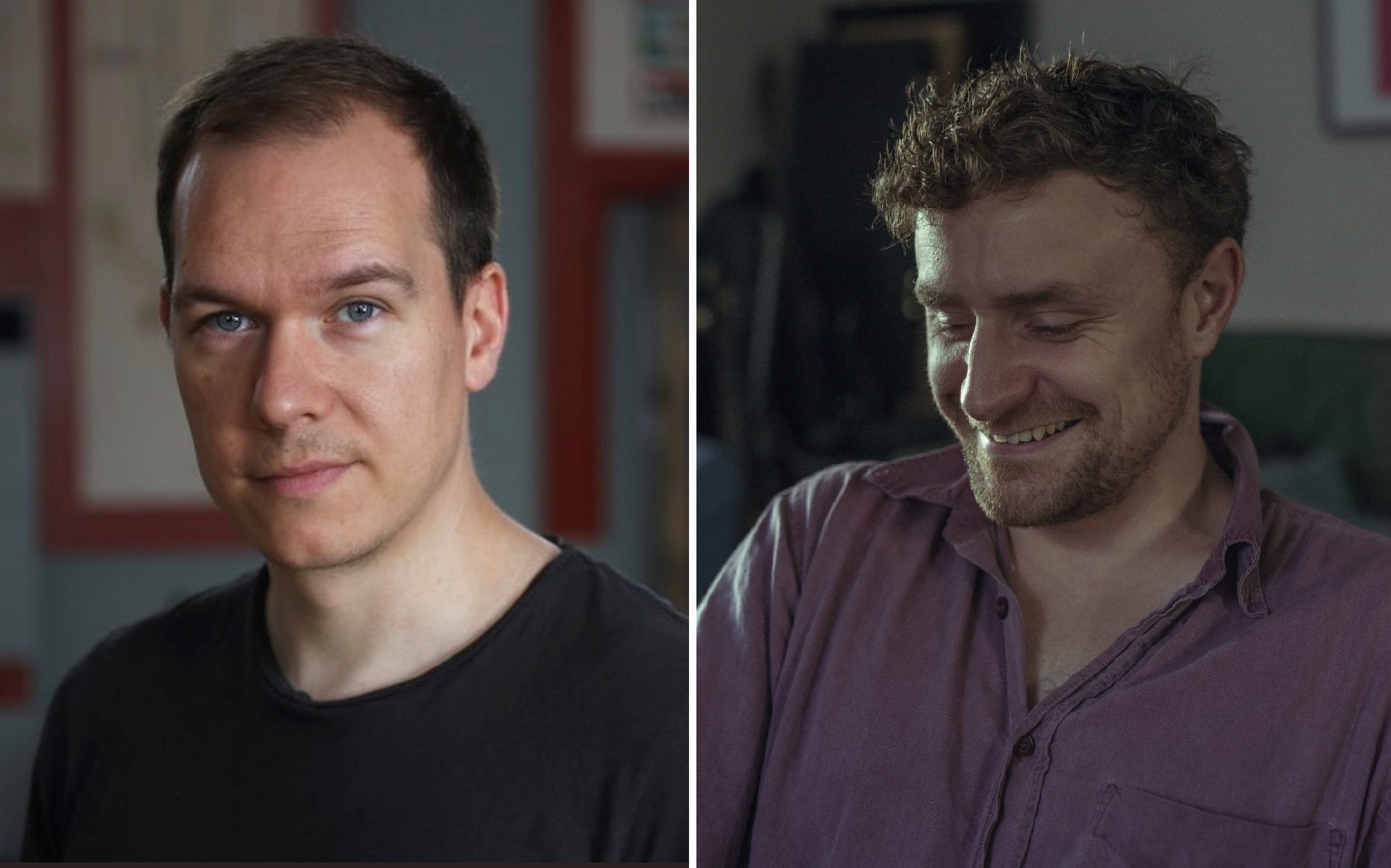
14 Sep A Sense of Direction – #OpenHire
How do you get a job? In most industries, the answer is obvious. You see a vacancy, you send in an application, you go for an interview, and you cross your fingers. In the performing arts, though, things are rarely that simple: it is usually a case of who you know, rather than what you know.
At its best, this system of informal “social hiring” leads to long-lasting creative relationships between frequent collaborators with “an intimate knowledge of each other’s practices”, says Josh Roche, freelance director and, along with fellow freelance director Derek Bond, the co-founder of #OpenHire, an initiative campaigning to increase transparency in employment in subsidised theatre.
“That is the argument for the way things work at the moment,” Roche continues. “In reality, though, all that usually means is that there is a court of people in favour sat around an artistic director, who that director simply hands most jobs to. From the outside, it is very difficult to know how to break into that circle. It can seem so impenetrable.”
At its worst, the practice can amount to little more than cronyism, to “jobs for the boys”. Roche said as much in an open letter to The Stage last month, in which he criticised the National Theatre’s artistic director Rufus Norris for employing his wife, the playwright Tanya Ronder, to write a big-budget musical. It is “deeply disappointing”, he wrote, to see our foremost theatre engage in “blatant nepotism”.
Even when jobs are advertised, rarely are they advertised with a fee and set hours attached. Too often, they are simply not advertised at all and handed out behind the scenes. And, although there are countless cases of “social hiring” resulting in excellent, innovative work, there are serious negative consequences that cannot be ignored.
The practice favours those who have the time, money and confidence to network – “and who are skilled at arse-kissing”, added Lyn Gardner in an article in The Stage last year. It runs the risk of homogenising a theatre’s output. The principal problem, though, is that predominantly employing existing professional acquaintances entrenches a lack of diversity.
“Your social group is, more often than not, fairly homogenous in terms of race, gender and class,” explains Bond. “It’s no surprise then, that “social hiring” results in creative teams that aren’t particularly diverse. All that is a symptom of the main problem, though, which is that people just don’t know why they are hiring someone most of the time.”
“We rarely sit down and think about what we actually want from a designer, or a lighting designer, or a stage manager, or a movement director,” he continues. “In fact, we rarely have any formal hiring process at all.”
***
#OpenHire was set up last year by Roche and Bond to provide producers, artistic directors and decision-makers with a quick and easy way of doing things differently. Inspired by the elegant simplicity of the Bechdel Test, it is an initiative that boils down to three simple rules.
“Firstly, you publish the job publicly, and you state the fee,” explains Roche. “Secondly, you explain the hiring process, whether it is an application and an interview, or just an informal chat over a coffee. And thirdly, you publish the Equal Opportunity data on who applied, and who you employed for everyone to see.”
Roche and Bond stress that they do not have a “holier than thou” attitude to employment. In their careers, they have both been on the outside looking in, and on the inside giving jobs to their friends. They neither want nor expect every position to be hired using #OpenHire, and they understand that long, loyal creative collaborations are key to building a sustainable career in the performing arts. They just want more theatres to adopt a transparent hiring process more often.
***
The scheme is proving popular. Several high-profile theatres and companies have already pledged to use #OpenHire’s hiring model for at least one production per year – Chichester Festival Theatre, Theatr Clwyd, the Orange Tree Theatre, the Actors Touring Company, Northern Broadsides, Storyhouse Theatre, Nottingham Playhouse, Theatre By The Lake, Shakespeare’s Globe, and others.
“We said early on that we will know when we’ve achieved something when people who don’t know who me and Josh are start advertising freelance jobs without referencing #OpenHire,” says Bond. “That’s when we will know that the culture is starting to change – and I think it is already happening, actually. Every day on social media I see theatres and companies advertising for roles that would usually have been handed out behind the scenes.”
Not only does using the #OpenHire method help tackle the harmful, hegemonic opacity of the arts – something particularly important at the moment when so many freelancers are leaving the industry, unable to cope with widespread precarity and unprofessionalism – but it also has surprising creative consequences, too, says Roche.
“Of course, there are cases when you know exactly who you want for a particular position in a production – but frequently you don’t,” he says. “I, personally, am never going to use the old “social hiring” way of doing things again when I’m in that position. The creative relationships I have found using #OpenHire work better, because everybody knows how and why they were hired, and everybody deserves to be there.”
Derek Bond and Josh Roche were talking to Fergus Morgan for SDUK.
